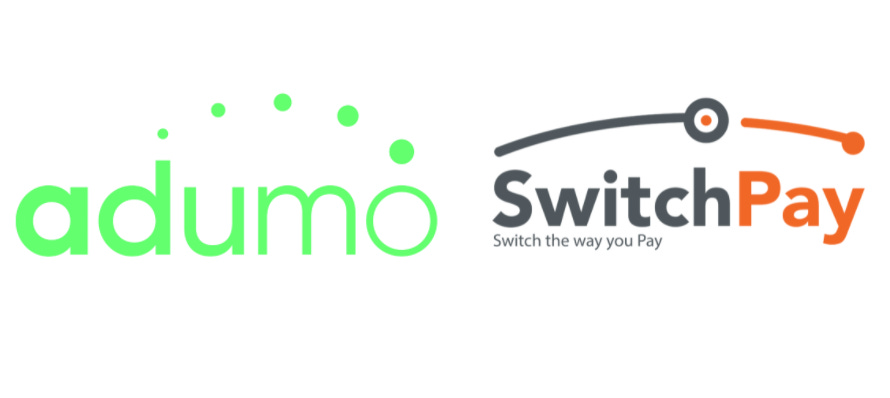The Africa SMME Tech Report
Issue No. 21. Africa-Middle East local and small business tech news for 2 December 2021. This issue features Adumo, SwitchPay, YallaMarket, Wave, Fleeti, Yobante Express, InTouch, and more...
SA’s Adumo Invests in SwitchPay
SouthAfrican fintech holding company Adumo announced this week that it has invested in the alternative payments platform SwitchPay with an undisclosed amount.
Adumo, based in Sandton, has aggregated multiple South African payments providers, including Sureswipe, Ikhokha, Innvervation, and now SwitchPay.
Adumo CEO Paul Ken…
Keep reading with a 7-day free trial
Subscribe to The Africa SMME Tech Report to keep reading this post and get 7 days of free access to the full post archives.




